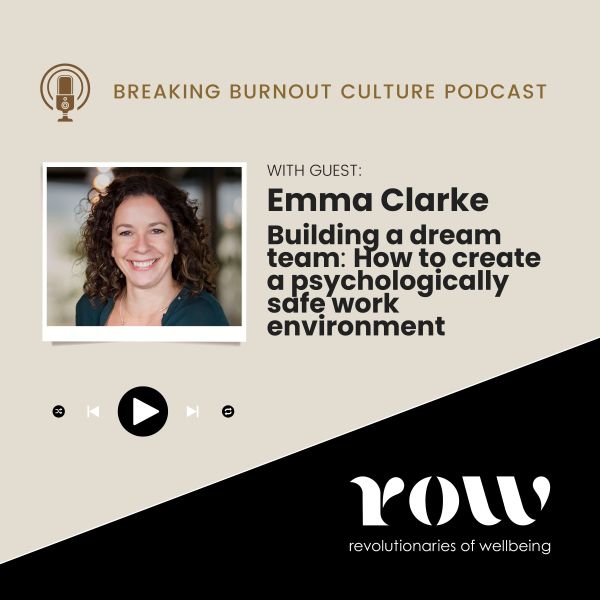As you can imagine, people across such a wide range of geographies have very different work styles and cultural norms. And as such, they have very different ideas on what wellbeing looks like to them, how it's expressed, and what supports are the most meaningful.
This got us thinking very hard about cross-cultural elements of wellbeing - and challenging our own norms and unconscious biases along the way. We've become very conscious about how we structure focus group discussions for maximum effectiveness.
For example, psychological safety and 'speaking up' on how wellbeing or work could be improved looks very different in an individualistic, Western culture with low power distance, compared with more collectivist cultures, where you have to factor in hierarchies and the fear of causing your manager to 'lose face' by challenging the status quo.
Want to read more?
Sign in below if you're a Revolutionary (member).
Not a member yet?
Join in seconds! Just $10/month (+ any tax).
Cancel anytime.
Be a revolutionary and join now










